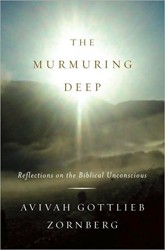Judaism is often described as a religion that tolerates, even celebrates arguments with God. Unlike Christianity and Islam, it is said, Judaism endorses a tradition of protest as first expressed in the biblical stories of Abraham, Job, and Jeremiah. In Pious Irreverence, Dov Weiss has written the first scholarly study of the premodern roots of this distinctively Jewish theology of protest, examining its origins and development in the rabbinic age.
Weiss argues that this particular Jewish relationship to the divine is rooted in the most canonical of rabbinic texts even as he demonstrates that in ancient Judaism the idea of debating God was itself a matter of debate. By elucidating competing views and exploring their theological assumptions, the book challenges the scholarly claim that the early rabbis conceived of God as a morally perfect being whose goodness had to be defended in the face of biblical accounts of unethical divine action. Pious Irreverence examines the ways in which the rabbis searched the words of the Torah for hidden meanings that could grant them the moral authority to express doubt about, and frustration with, the biblical God. Using characters from the Bible as their mouthpieces, they often challenged God’s behavior, even in a few remarkable instances, envisioning God conceding error, declaring to the protestor, “You have taught Me something; I will nullify My decree and accept your word.”





